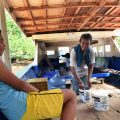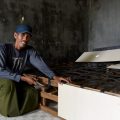NLR Indonesia
In Indonesia, NLR is pioneering chemoprophylaxis pilots in five different locations, which serve as a model for similar projects in the rest of the world. The Indonesian office also was one of the first to support self-care groups, from where learnings were distributed and applied in other countries.
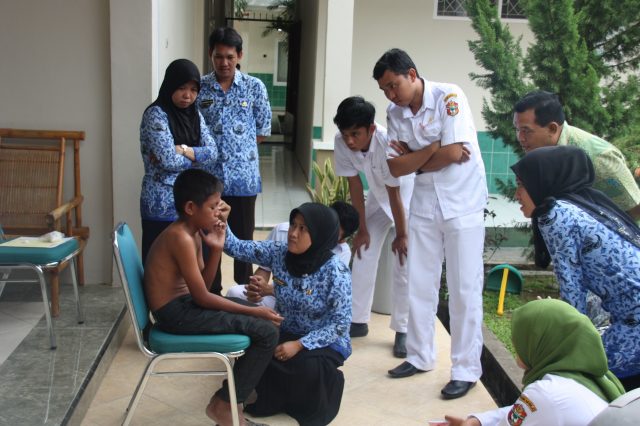
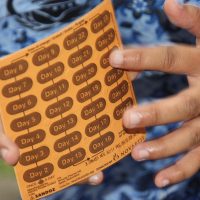
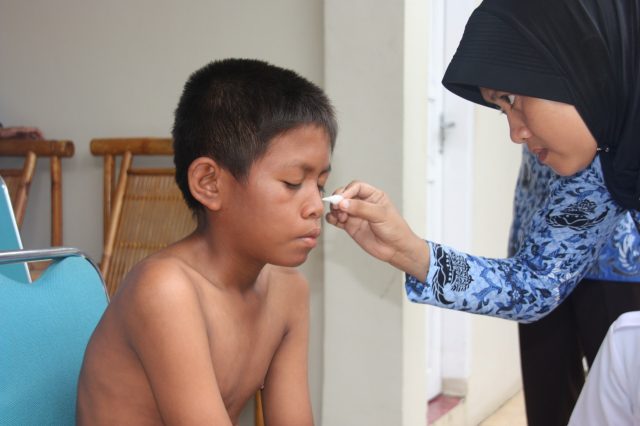
I help to trace leprosy in my village
Local volunteer July
In Indonesia, NLR supports the Ministry’s leprosy programme and plays an important role in training health staff on how leprosy is contracted, detecting leprosy signs and symptoms, how leprosy spreads, and leprosy treatment.
NLR Indonesia also developed the leprosy-friendly villages model. In these villages, healthcare workers and community members are sensitised to leprosy’s early symptoms to stimulate timely patient referral. Meanwhile, peer counselling pilots help reduce social exclusion. In its area of operation, a reduction in the number of new leprosy cases has been noted. Amongst remaining newly detected cases, percentages of child cases and disability grade 2 cases were reduced significantly.
Besides stopping the transmission of leprosy and promoting self-care, we strengthen our disability inclusion partners in management, rights-based approaches, and lobby and advocacy work.
What have we achieved in Indonesia?
Our results of last year
541
New patients diagnosed and treated
1,322
Persons affected by leprosy with improved socio-economic situation
58,002
Persons that received SDR-PEP
2,758
Health staff trained on leprosy, prevention of disablities and stigma
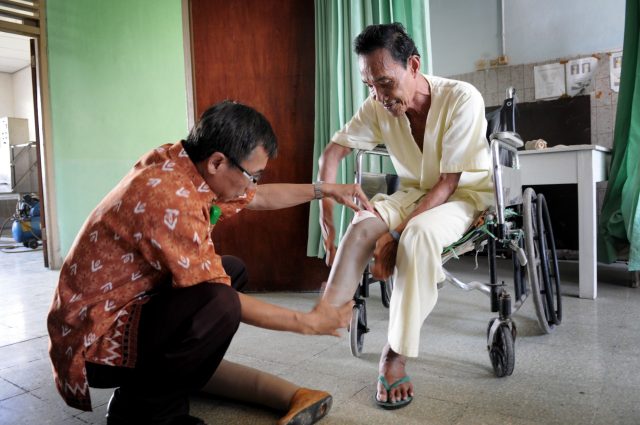
Promoting disabled people’s rights
Learn how we include people living with disabilities caused by leprosy and other diseases by promoting disability-inclusive development.
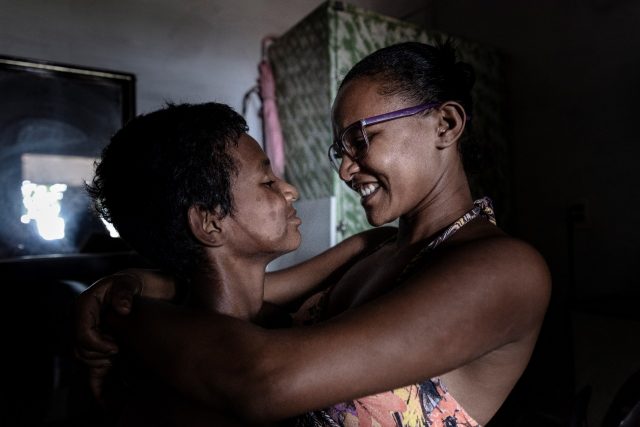
Fighting stigma and social exclusion
Beyond the physical effects of leprosy, patients experience prejudice that separates them from society. Find out how we fight stigma and social exclusion.
